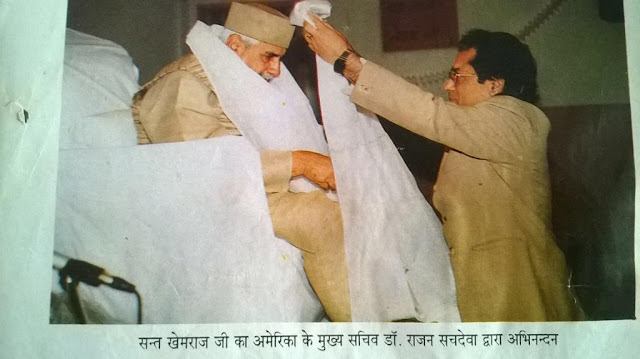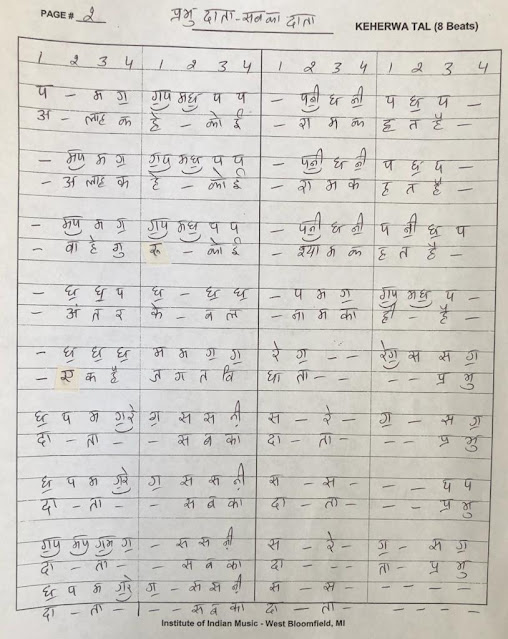Every culture, all over the world, in some way, celebrates the festival of lights.
Christians all over the world celebrate Christmas by illuminating lights.
Jews celebrate Hanukkah by lighting candles.
Native Americans also have similar festivals of lights.
Native Americans also have similar festivals of lights.
In Brazil, people go to the beach at midnight on New Year’s eve to pray to Lemanja, the African goddess and lit hundreds of candles in the sand.
And many others such as St. Lucia’s Day in Sweden, St. Martin’s day in Holland, and Loi-Krathong in Thailand.
Every Indian religion also celebrates Deepavali, more commonly known as Diwali, though they might attach a different reason behind it.
Since the beginning of time, humanity has been fascinated by the light and power of the sun.
All the great cultures of the past recognized the sun as the very source and sustainer of life.
Hence the sun was considered the highest among gods in ancient Greek, Roman, and eastern religions, such as Hinduism and Zoroastrianism.
Every ancient religion worshiped either the sun or its symbol; fire.
However, rituals and cultural traditions are usually symbolism.
They usually have another deeper meaning, which, over time, gets lost or forgotten.
Light and fire are associated with knowledge.
We cannot see clearly in the dark. We need light in the physical world to see and find things.
Similarly, the light of knowledge Gyana is required in the mental and spiritual fields to understand things properly and to travel on the path of spirituality.
So the real purpose of Deepavali (Diwali) or any other festival of lights is to remind us of the need for Gyana, the light of knowledge, to illuminate our minds.
Knowledge is light.
The light of knowledge helps us to find the Truth.
And Truth can set us free.
A beautiful prayer from the Vedas:
Not asking for health, wealth, or prosperity but:
Tamaso Ma Jyotirgamaya
Asato Ma Sadgamaya
Mrityur Ma Amritam Gamaya
Meaning:
Lead me from darkness to light.
Lead me from Falsehood to Truth.
Lead me from mortality to immortality - from bondage to freedom.
‘Rajan Sachdeva’







